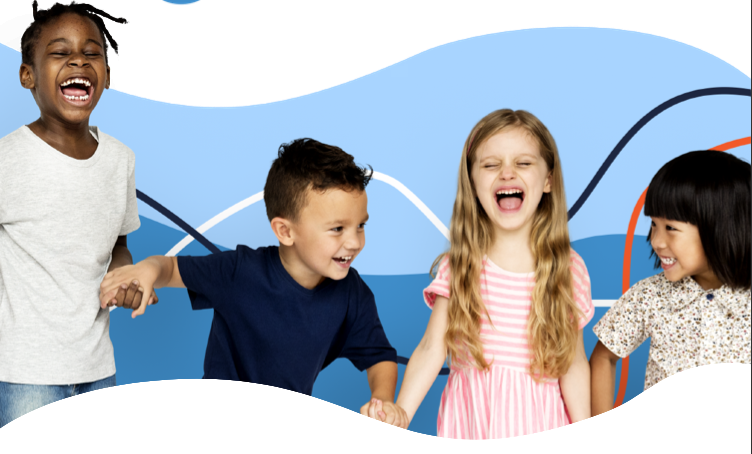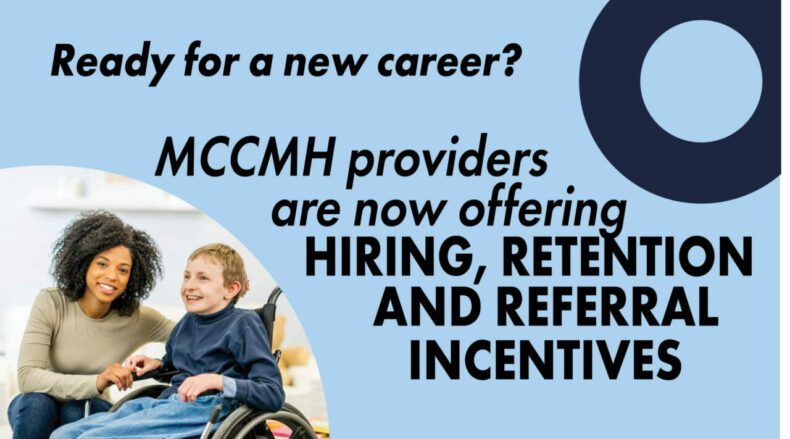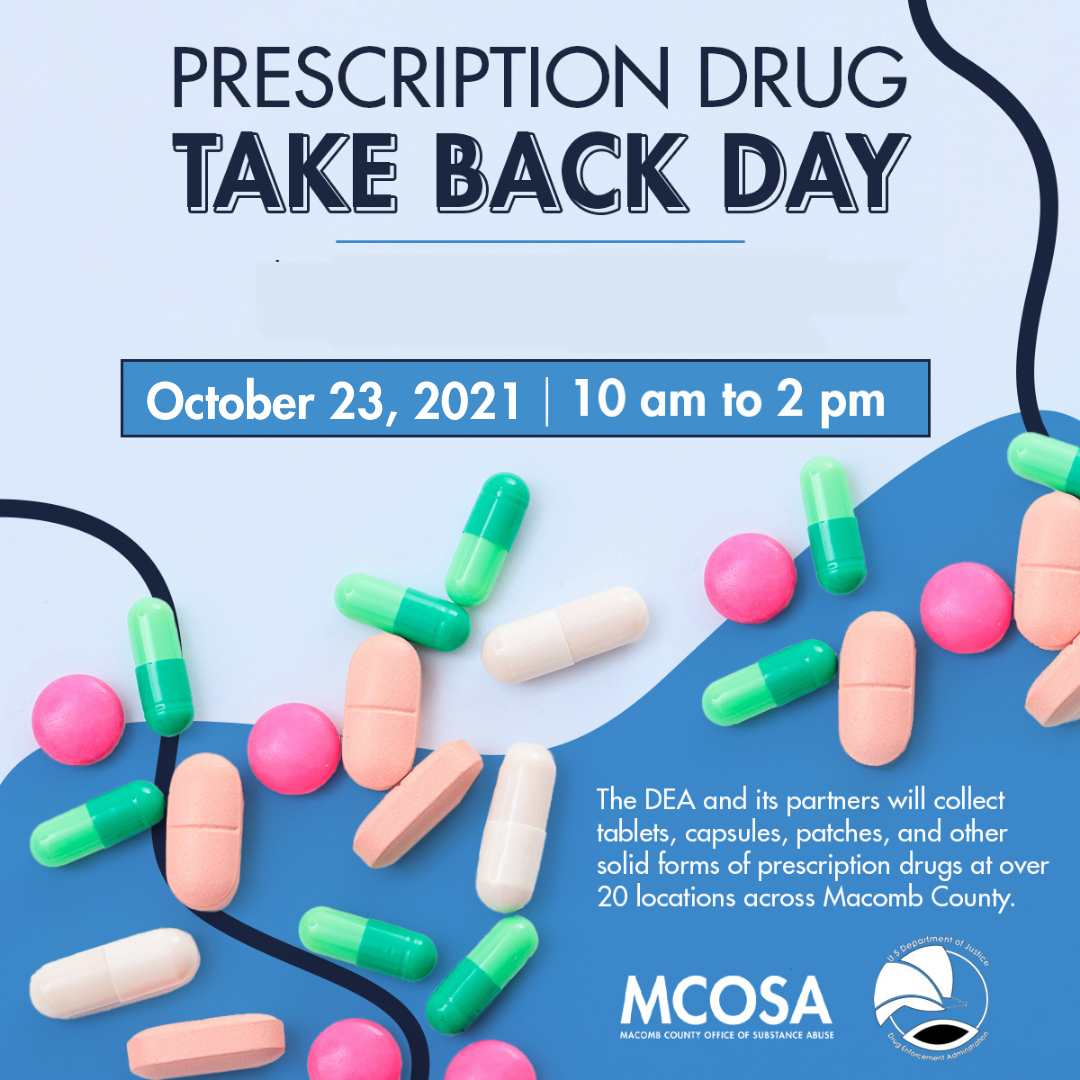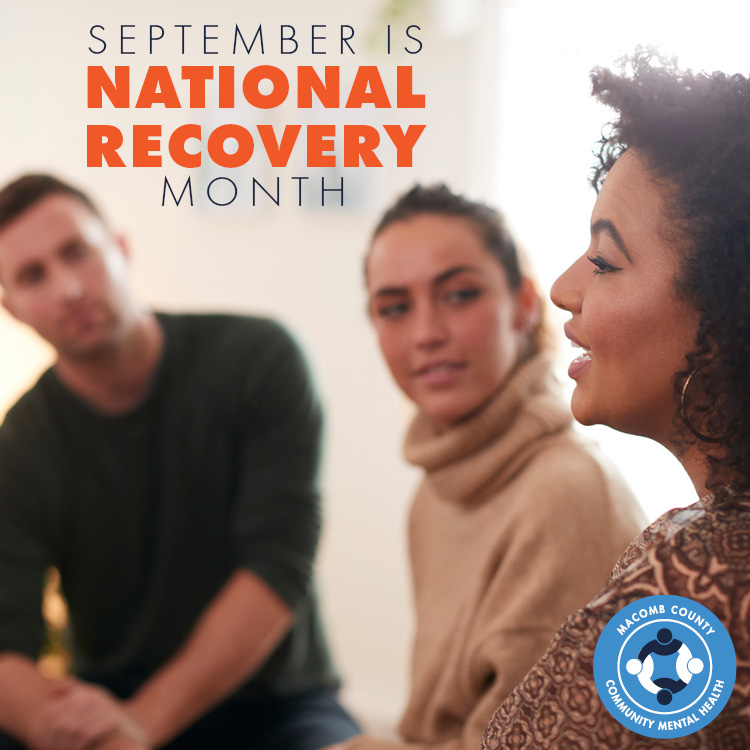
Let’s Talk About Children’s Mental Health:
Children’s Evidence Based Treatments (EBT) are mental health treatments that are backed by research studies and scientific evidence that show effectiveness in treating and reducing mental illness symptoms in children.
Children often show mental health symptoms through behaviors, said Elizabeth Vutci, Coordinator of Community and Behavioral Health. “When these behaviors extend into weeks or months, or begin to interfere with school or home life, EBT’s can be very effective in reducing symptoms.” Symptoms in children may look different depending on the child’s age.
Young children (Birth-age 7) may exhibit the following symptoms or behaviors:
- Difficulty being consoled when upset
- Excessive talk about fears or worries
- Need to be in constant motion and cannot sit quietly
- Difficulty expressing positive emotions (smiling, laughing)
- Little to no interestin playing with other children or have difficulty making friends
- Repetitive play or focus on an overwhelming or traumatic event
- Extreme reactions (crying, screaming, yelling) over seemingly minor events
Older children (Age 8-18) may exhibit the following symptoms or behaviors:
- Loss of interest in things that they used to enjoy
- Low energy
- Isolation in the form of spending more and more time alone, and avoidance of social activities with friends or family
- Excessive diet or exercise, or extreme fear of gaining weight
- Engage in self-harm behaviors (such as cutting or burning their skin)
- Use of alcohol, tobacco, or other drugs
- Engage in risky or destructive behavior alone or with friends
- Thoughts of suicide
- Periods of highly elevated energy and activity, and require much less sleep than usual
- Voice fears thatsomeone is trying to control their mind or that they hear things that other people cannot hear.
Common symptoms in children of all ages can be frequent stomachaches or headaches with no known medical cause, problems with concentration or focus, academic struggles, sleep disturbances (too much or too little) or frequent nightmares, frequent tantrums or extreme irritability much of the time, and exaggerated startle response.
MCCMH offers an array of Evidence Based Treatments to meet the needs of children who are experiencing mental health crises or symptoms, using a family centered approach. MCCMH offers the following Evidence Based Treatments:
- Infant Mental Health-This is an intensive home-basedtherapy program for pregnant or new parents and/or caregivers, with children through age 3. The primary goal is to enhance attachment and bonding between the child and caregiver, and to ensure proper social and emotional development.
- Child Parent Psychotherapy-This is for children ages birth to 5 years who have experienced a stressful or traumatic event such as domestic violence, disruption in caregivers, or abuse. Treatment is focused on assisting the child and parent or caregiver to heal andgrow from the traumatic event through strengthening the relationship between child and parent or caregiver.
- ParentChild Interaction Treatment-This is for young children who are experiencing behavioral challenges. Treatment is conducted during sessions in which child and parent are in a playroom, with real-time coaching provided to the parent in order for the parent to learn skills to manage their child’s behavior challenges.
- Parent Management Training Oregon Model-This therapy focuses onhelping a parent or caregiver to gain skills needed to assist in promoting prosocial skills and cooperation in children. This treatment focuses on prevention, reduction and reversal in the development and maintenance of mild to moderate to severe conduct problems in children age 4 – 18 years.
- Trauma Focused Cognitive Behavioral Therapy-This treatment is a short-term model (8-25 sessions)that addresses many areas that trauma can impact, including depression, anxiety, and behavioral This therapy also engages the parent or caregiver in treatment to increase parenting skills and supportive interactions with the child, as well as reduce the parent or caregiver distress about the child’s traumatic experience.
- Eye Movement Desensitization Response-This treatment can be especially helpful for children who have difficulty talking about a traumatic or stressful event. EMDR treatment utilizes a therapeutic approach to assist with enhancing one’s ability to heal from symptoms and emotional distress caused by negative life experiences.
- Families Moving Forward-This treatment is a positive parenting program for parents of children with Fetal Alcohol Spectrum Disorders (FASD) age 3-12 years. This therapy focuses on helping a parent to better understand their child’sstrength and behavior, as well as develop new skills and strategies to help their child function better.
Stigma often prevents people from seeking care. There are several ways that we can actively reduce stigma surrounding children’s mental health. Vutci says, first, it is important for parents to educate themselves about mental health—what it is, why it is important, what to do if someone is experiencing a mental health symptom, and how to discuss mental health with their children.
“Second, talking about our own experiences with mental health reduces the stigma that is often associated with it. Third, understand that mental health can have a range of symptoms from mild to severe, but recovery is not only possible, but frequent for most individuals. Lastly, listening, being supportive and non-judgmental can help reduce stigma.”
For more information about mental health resources and children’s EBT, call us at 855-99-MCCMH or visit mccmh.net.




